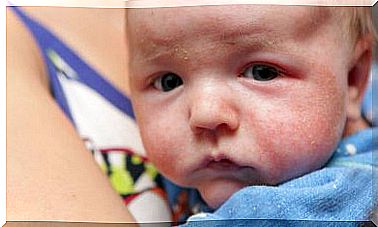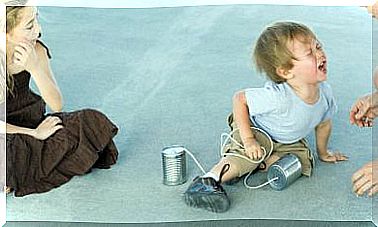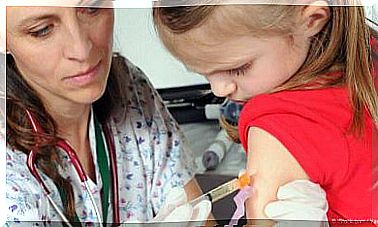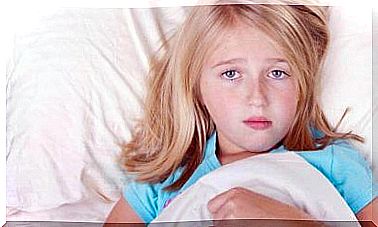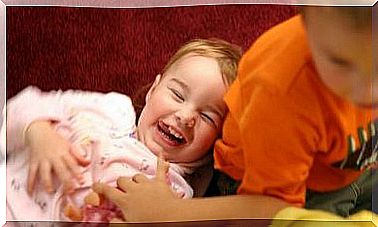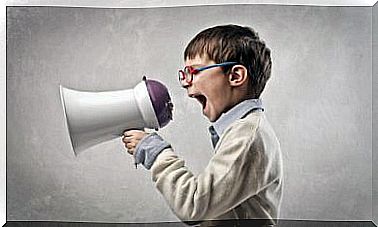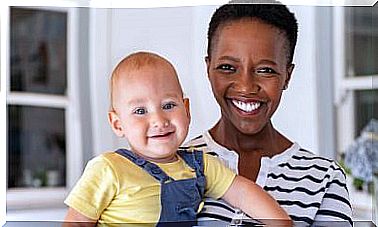What To Do If The Bullying Is Your Child
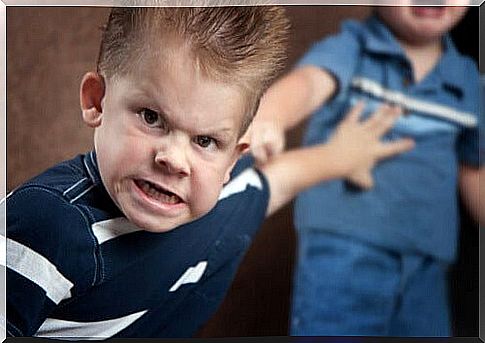
Both the harassed and the harasser may be affected in their future lives by the same event; but in general we care about caring for the victims, without considering that the aggressor is also a child in need of care. However, the parents of bullying children are the ones who carry this responsibility almost alone.
It is common for the parents of the bullying child to deny in advance the possibility that this is true. It is quite difficult to accept that your child has a problem and has caused problems for others. To a large extent, bullies manifest this behavior due to family instability, which is why it is also common for the situation to be neglected.
We can talk about aggressive children at home, where almost no one is interested in treating this problem, so they transfer it to school. But there are also cases, where the child suffers a strict upbringing, is mistreated at home and does not have the opportunity to express his feelings; then take this frustration elsewhere, but in a violent way.
In these cases the intervention is parental responsibility, it is the parents who must confront this situation, but the main thing is to accept the problem with its consequences. It should be noted that a bullying child can surely suffer sequelae in his adult life just like his victim; for example you may face the following problems:
- Have criminal conduct
- Cause and participate in fights
- You are prone to drinking alcohol, smoking cigarettes, and using other substances
- Have poor academic performance
- Suffering emotional, social and work instability
How to act if it is your child who is bullying?
Aggressive behavior is readily apparent, usually starting from the early years, although it may seem normal at first. It is important to teach them from childhood that all our actions have consequences, especially when it comes to hurting other people, so, even though certain behavior does not seem serious, it must be corrected in a timely manner.
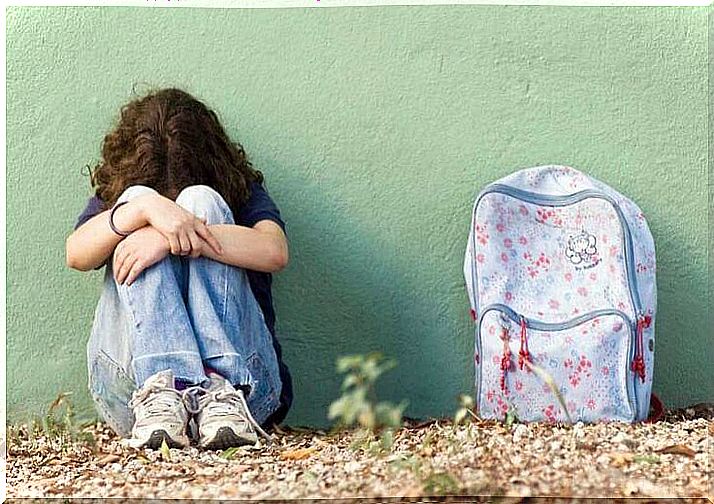
To determine the aggressive pattern, we can observe their way of expressing themselves about other children, for example if they refer to their peers with fuss or insults. We must also be careful that he has in his possession objects that are not his or perhaps money; similarly, it is likely to be exclusive with some children.
In this sense, if in fact we suspect or are aware that our child is actually the “buller”; we can start by attending to these tips.
- Activate effective communication, through which much of the problem can be elucidated. It is essential to talk with the child to know his feelings and also to guide him properly.
- It is advisable to make it clear to the child that what they are doing is not right and that they must work together to overcome it, as it is an attitude that must be changed.
- Be in permanent contact with the school, in order to monitor their behavior and thus be able to know if they have evolved or not to miss any aggression.
- Teach him to respect everyone, make him see that we all have the same rights and that he values the welfare of others.
- Help you channel your energy ; If he is a child who gets angry easily, you must help his anger to be self-controlled and positively directed.
- Encourage good relationships with other children, help him make friends, and share common interests.
- Discipline him by assigning responsibilities at home, so that he feels useful and can value the work of others.
- Ensure that he is not within cliques that are negatively influencing him; children often give in to peer pressure and end up acting little independently.
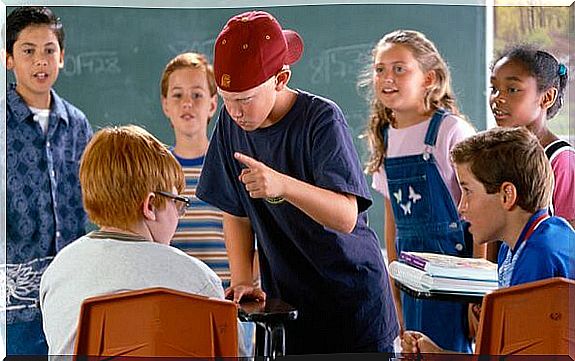
- Set the example ; If we have an aggressive child, we must avoid showing similar behavior at all costs.
- Help him improve his mood, try to have fun in a healthy way; promote laughter and enjoyment, so that your attitude to life improves.
- Encourage their positive behavior and correct any hint of aggressiveness, for example the elimination of bad words in the home and the correct use of manners.
- If in case we were to notice some resistance in their behavior or that it has not evolved favorably; the intervention of specialists must be considered.
